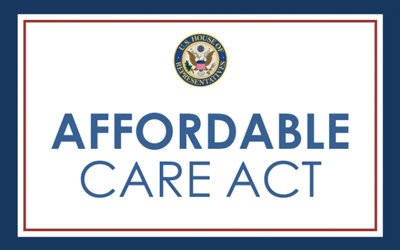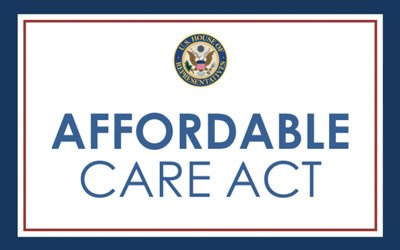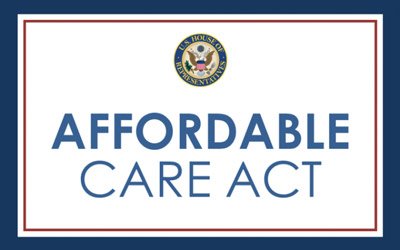William Rodney, MD couldn’t jump fast enough when he found out the Affordable Care Act (ACA, or “Obamacare”) would be raising Medicaid primary care payments to Medicare levels. His urgent care practice (featured here previously; see One Year In, Latino-focused Clinic Doubles in Size) took in enough additional fees to create an outreach clinic for bilingual uninsured patients and to provide x-rays, ultrasound, and other services for underserved communities in Tennessee. Now he’s worried about …
Read More









